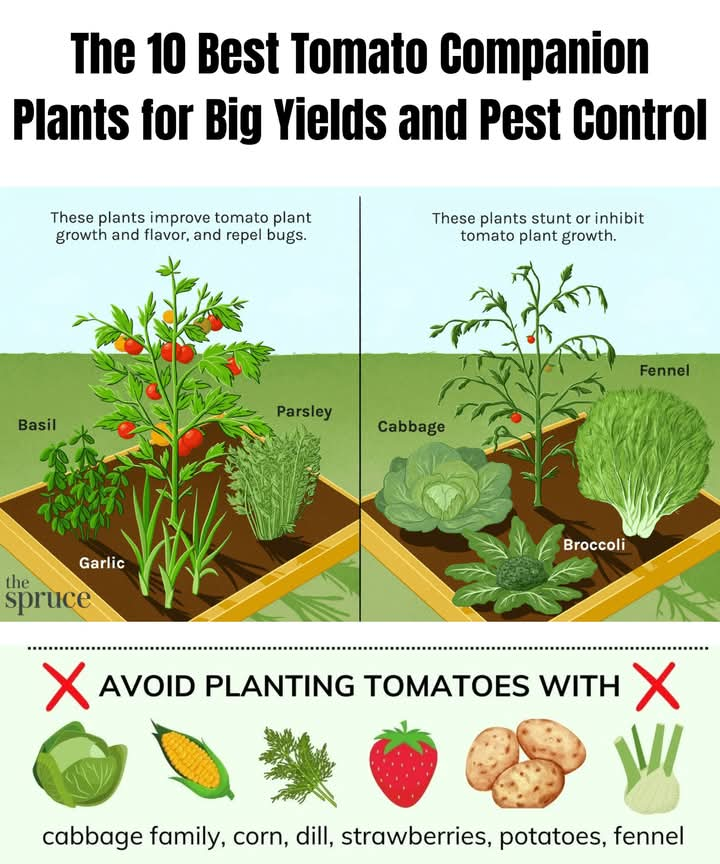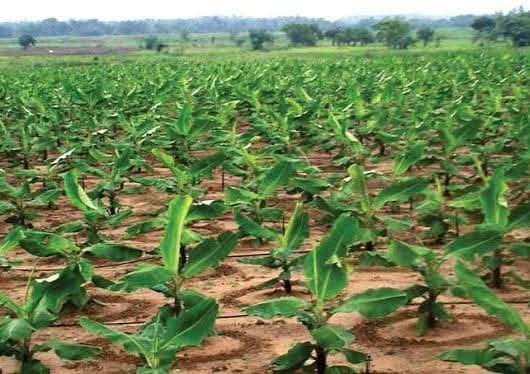Plantain Farming and Its Business Potential In Nigeria
Plantain Farming and Its Business Potential In Nigeria
Plantain farming is a highly lucrative agricultural venture with immense economic and nutritional benefits. It is a vital food crop in many tropical and subtropical regions and serves as a staple food for millions of people. Here’s a comprehensive breakdown of the aspects of plantain farming and its business potential.
Why Plantain Farming?
1. Economic Value: Plantains are a versatile crop with high market demand both locally and internationally. They are used in various forms: boiled, fried, roasted, or processed into flour and chips.
2. Nutritional Value: Plantains are rich in carbohydrates, vitamins, and minerals, providing energy and essential nutrients.
3. Sustainability: Plantains grow well in tropical climates with moderate rainfall and fertile soil, making them an ideal crop for many farmers in such regions.
4. Job Creation: Plantain farming generates employment opportunities at all levels—cultivation, processing, and marketing.
Requirements for Plantain Farming
1. Land Preparation:
Plantains thrive in well-drained, loamy soil with pH levels of 5.5 to 7.
Clear and till the land to remove weeds and ensure proper aeration of the soil.
2. Planting Materials:
Use healthy suckers (small shoots from mature plantain plants) for planting.
Opt for hybrid varieties that are disease-resistant and yield high-quality fruits.
3. Planting:
Space the suckers 2-3 meters apart to avoid overcrowding.
Plant during the rainy season to ensure adequate water supply.
4. Soil Fertility:
Enrich the soil with organic manure or compost before planting.
Apply fertilizers rich in potassium and nitrogen periodically.
5. Pest and Disease Management:
Watch out for common pests like weevils and nematodes and diseases like Black Sigatoka.
Use organic pesticides and ensure good farm hygiene.
6. Irrigation:
Plantains require consistent moisture. Supplement with irrigation during dry spells.
7. Weed Control:
Regular weeding is essential to prevent competition for nutrients.
Harvesting and Post-Harvest Management
1. Harvesting:
Plantains are ready for harvest 8-12 months after planting when the fruits are mature but not fully ripe.
Harvest with a sharp machete, ensuring not to damage the plant.
2. Post-Harvest Handling:
Store in a cool, dry place to prevent premature ripening.
For longer shelf life, process plantains into chips, flour, or packaged products.
Business Opportunities in Plantain Farming
1. Local Market Supply:
Sell fresh plantains directly to local markets, restaurants, and food processors.
2. Export Potential:
Plantain has significant demand in international markets, particularly among African and Caribbean communities abroad.
3. Value Addition:
Process plantains into chips, flour, or other products to increase profit margins.
Branded plantain chips are highly popular as snacks.
4. Agro-Tourism:
Set up plantain farms as tourist attractions, combining farming with educational tours.
5. Training and Consultancy:
With experience, offer training programs or consultancy services to aspiring plantain farmers.
Challenges in Plantain Farming
1. Pests and Diseases:
Regular monitoring and effective management practices are essential to mitigate losses.
2. Climate Dependence:
Erratic weather patterns can affect yields; irrigation can help manage dry periods.
3. Market Access:
Farmers often struggle with reaching larger markets due to poor logistics and infrastructure.
4. Initial Investment:
Land acquisition, preparation, and inputs like fertilizers and irrigation systems require capital.
Profitability of Plantain Farming
With proper management, plantain farming is highly profitable. A well-managed hectare of plantain farm can yield about 20-30 tonnes annually. Considering the market price, farmers can earn substantial returns. Additionally, processing and value addition multiply revenue streams.
Conclusion
Plantain farming is a rewarding agricultural venture that combines food production with business opportunities. With increasing demand for plantain-based products, both locally and globally, investing in plantain farming presents a viable pathway for income generation and economic development. To succeed, farmers must focus on best practices, explore value addition, and tap into broader markets to maximize profitability.




